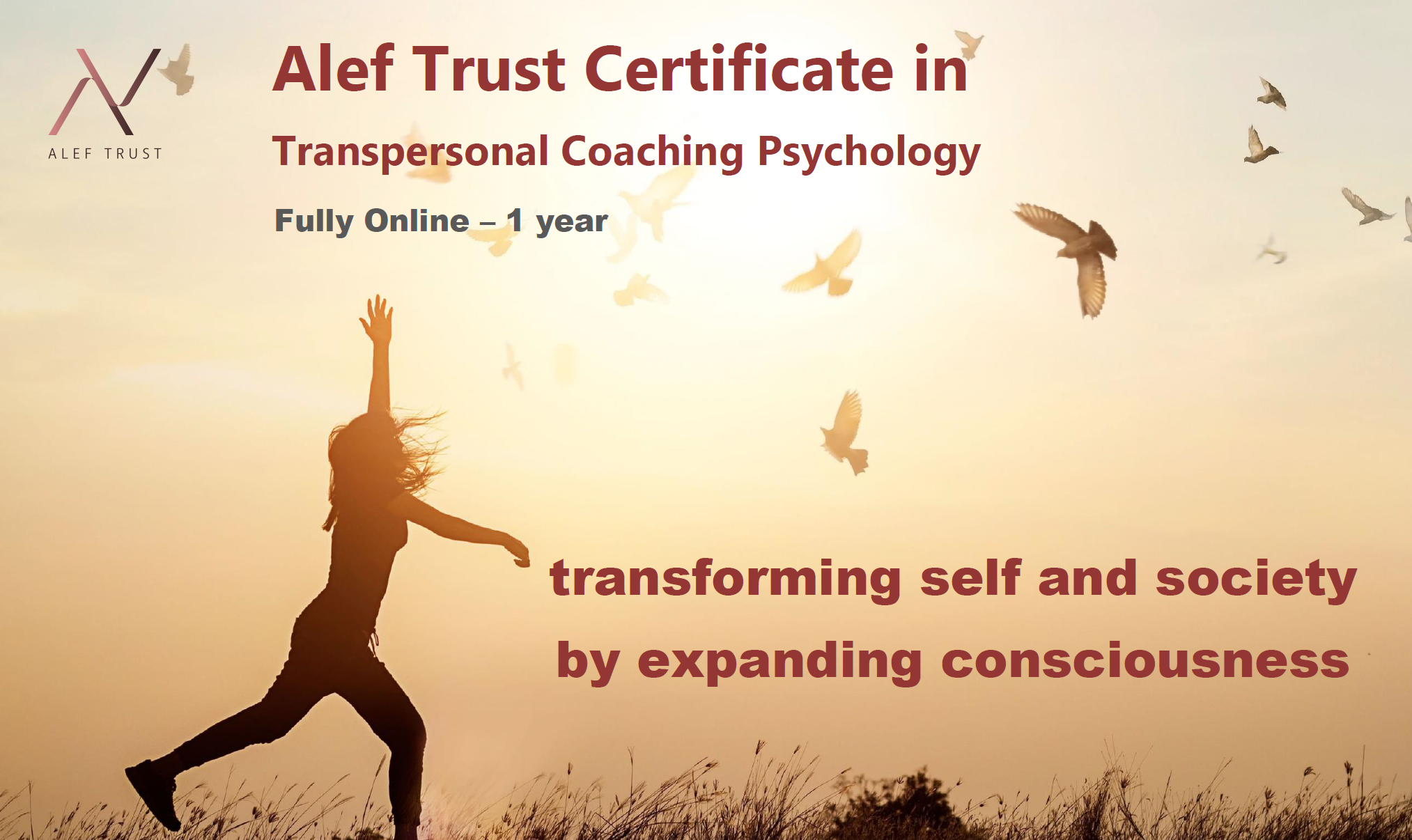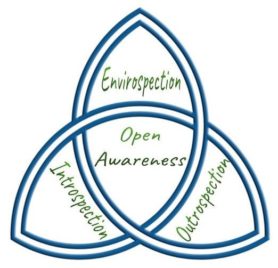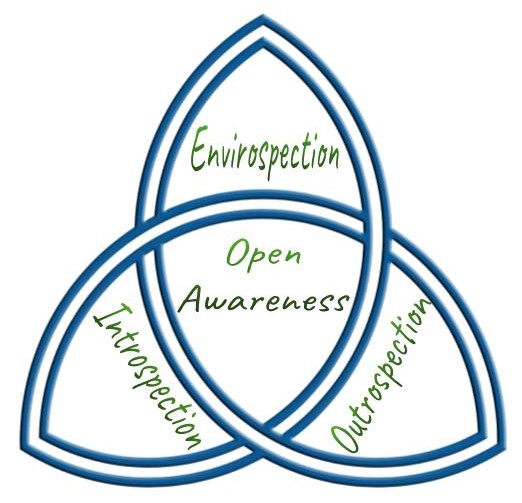Ecological coaching and leadership is not a particular type of coaching or leadership as such. Rather, it is a guiding principle for coaches and leaders to apply in all forms of coaching and leadership to ensure that the outcomes of any interventions or processes are ecological – beneficial for the client, others, and the environment (win-win-win).
Aiming to generate win-win-win outcomes serves the client and their objectives, while taking measures to ensure that those objectives will in no way cause any form of harm to other people or the environment. The pursuit of an ecological outcome is not only about abstaining from causing harm, but it also includes identifying how a client’s personal objectives can be of mutual benefit to other people that the client engages with, as well as the broader population and the environment in which they co-exist. This approach positions the people in relationship with the client and their shared environment as stakeholders in the process.
Ecological considerations in coaching or leadership are client centred – focussing on the client’s personal process and supporting them to achieve their desired results – but this is facilitated in a manner that also takes into consideration the needs of others and the environment in relation to the client’s endeavours.
Traditional forms of coaching, on the sports field and in business, for example, have been more focussed on empowering individuals or teams to excel without much, if any, consideration for the implications of those results in other contexts. It’s not difficult to see how this may in some instances lead to unethical planning, unjust decisions, unbalanced judgements, unfair behaviours, inconsiderate competitiveness and power struggles, which in turn, might result in overexertion, declining motivation, lowering performance, conflicts, and eventually, burnout. Negative outcomes such as these are the potential consequences of valuing one’s personal success above that of others, taking advantage of people and situations in self-serving ways, and operating in a mode of tunnel awareness in an attempt to accomplish one’s own goals, with little or no regard for how such pursuits might affect others or the world. This does not imply that negative outcomes are typically the result of traditional forms of coaching or leadership, rather, it points toward the potential implications of operating in a tunnel awareness mode and it proposes that an ecological approach may be more appropriate for sustaining fulfilling results in the long term.
All types of coaching and leadership can benefit by integrating an ecological approach into their methodologies. However, this may be easier said than done, especially for some ‘old school’ methods that focus exclusively on the goals of the individual or singular team.
Fortunately, there is now a booming interest in coaching and leadership styles (e.g. Transpersonal Coaching) where an ecological approach is fundamental in their methodology. From this author’s point of view, a prerequisite for ecological coaching and leadership is Open Awareness (OA), which is a transpersonal perspective with practical applications. More specifically, OA is an expanded mode of perception accompanied by a calm and resourceful state. Other inherent characteristics of OA include:
- Introspection – metacognitive awareness in which we can mindfully observe mental activities, emotions and somatic experience
- Outrospection – heightened awareness of others and the ways that we relate to them, which cultivates empathy and compassion
- Envirospection – broad awareness of the space around us which connects us to everything in the environment and the cosmos
Applied OA is naturally ecological – good for you – good for others – good for the environment, making it a win-win-win (Dangeli, 2020).
Without OA, the value of ecological considerations in coaching and leadership may be difficult for clients to understand or appreciate. Through applying OA, people typically experience a deeper sense of connection to others and the environment, and they gain insight into the interrelatedness and interdependence of all phenomena.
In his ground-breaking book, Spiritual Science, psychologist Steven Taylor explains how qualities such as compassion, altruism and justice are related to a sense of connection. Conversely, what we think of as ‘evil’ is related to a sense of separation. A sense of separation (tunnel awareness) brings an inability to empathise, or take other people’s perspectives, and a preoccupation with one’s own desires and goals. A sense of separation also creates a sense of lack and vulnerability, which leads to a strong desire to accumulate power, status and wealth. Personality disorders such as psychopathy and malignant narcissism are extreme forms of separation, and so lead to extreme forms of ‘evil’ behaviour. This issue becomes especially urgent when people with a severe lack of empathy – who are egocentric, ruthless and even psychopathic – are in leadership positions (Taylor, 2018).
Clearly, the issues associated with tunnel awareness, which underpin most of the issues that are typically presented for coaching or other interventions, need to be addressed from the perspective of OA – win-win-win. However, trying to incorporate this approach while the individual or team is in a mode of tunnel awareness, is like removing the blinkers from a young racehorse on its first race in a full stadium of rowdy spectators. The consciousness of both the client and their coach/leader must first be in a state of open awareness. Then, not only does an ecological approach become meaningful and compelling for the client, but it optimizes the potential for the insights and ideas that typically lead to constructive and sustainable actions, and which aim to benefit the client, others and the environment.
When beginning to engage in a coaching process or leadership intervention, by first demonstrating and teaching clients how to access and apply OA, coaches and leaders who are trained to use the OA skills can support their clients in understanding the value of the ecological approach and how it can be applied in their area of interest. OA then becomes the means through which the coach or leader can hold space for their client’s process and facilitate the sessions in a natural and fluid manner. Two examples: The OA Integral Process (Dangeli, 2020) works with individuals and groups, serving as both an ecological coaching process and leadership intervention. With applied OA at its core, the Transpersonal Coaching Model (Dangeli, 2021) is inherently ecological.
To summarize:
Ecological coaching and leadership is a guiding principle for coaches and leaders to apply in their work with individuals and groups. Applied Open Awareness is suggested to be an optimal transpersonal perspective with practical applications to facilitate ecological processes and interventions.
For narrated examples of how to guide individuals and groups into Open Awareness, visit the OA Podcasts
Written by Jevon Dangeli – MSc Transpersonal Psychology, Coach & Trainer

References:
Dangeli, J. (2021). The Transpersonal Coaching Handbook. https://jevondangeli.com/product/transpersonal-coaching-handbook/
Dangeli, J. (2020). Open Awareness Integral Process. https://jevondangeli.com/open-awareness-for-change-initiative/
Taylor, S. (2018). Spiritual Science: Why Science Needs Spirituality to Make Sense of the World. Watkins Publishing. https://www.stevenmtaylor.com/books/spiritual-science/



